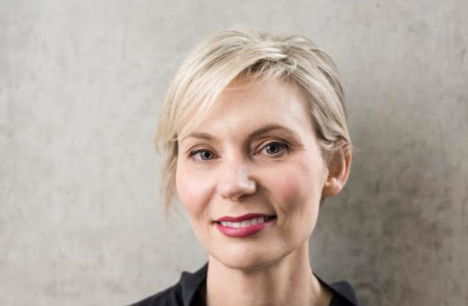ThinkTV taps noted digital video academic to lead new research ‘laboratory’
Recently-formed TV marketing body ThinkTV is setting up an “independent laboratory” with leading media researcher Professor Karen Nelson-Field, who says she hopes to “redefine the definition of TV”.
It has formed a two-year deal with her company Media Intelligence Co., to create a research program which will test multi-platform TV advertising and provide “robust evidence and greater clarity” about how it “delivers business results”.
Dubbed Smart Lab ThinkTV – a join-venture between free TV networks and Foxtel – promises that while it will be funded by the TV industry, it will operate independently.


